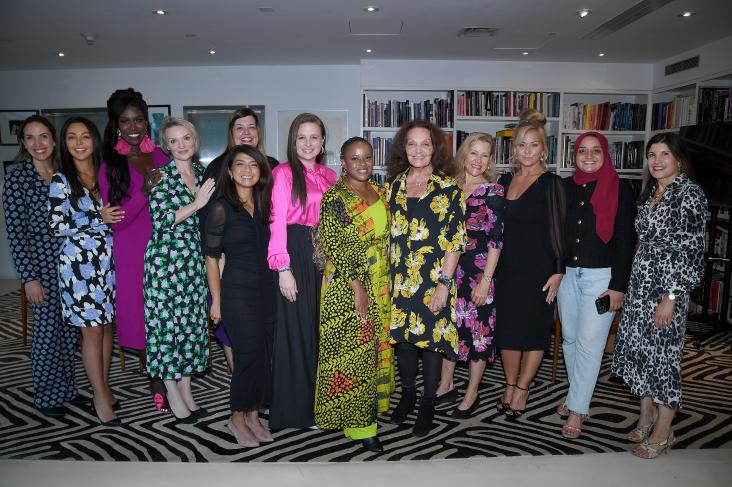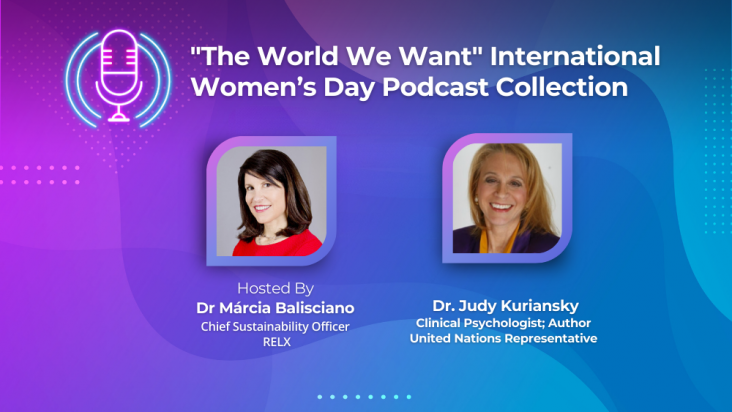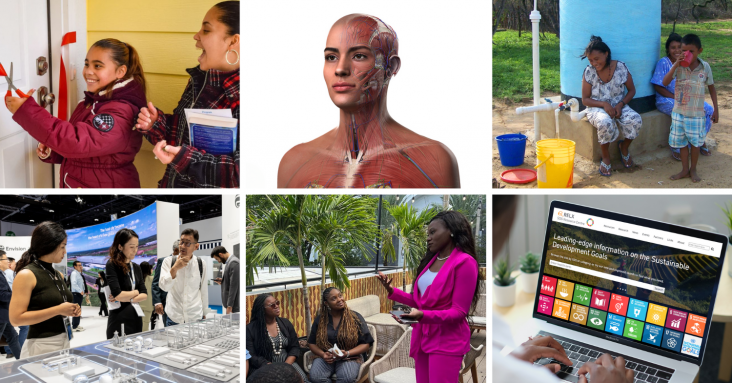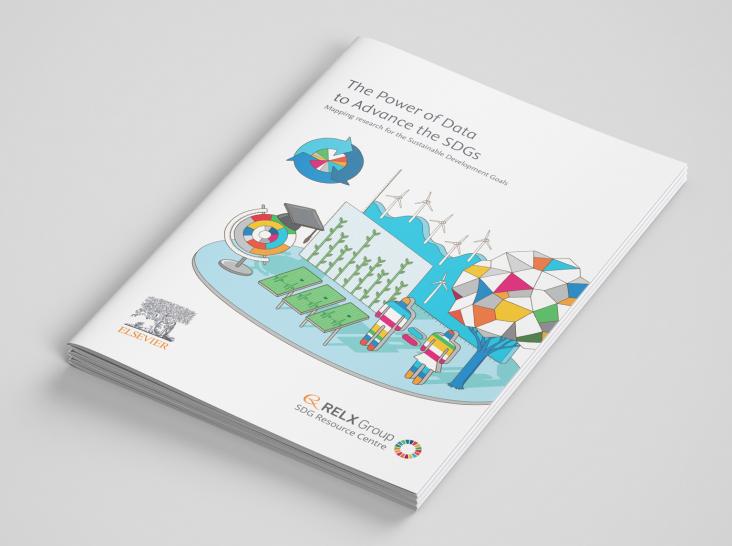
Launched in 2018, the WE Empower UN SDG Challenge is a first-of-its-kind global competition for women entrepreneurs who are advancing the UN Sustainable Development Goals.

The International Women's Day "World We Want" Podcast Collection features the latest episodes in the RELX podcast series featuring renowned female leaders from across the globe.
This research highlights the potential environmental and social impacts of scaling renewable energy technologies that rely on transition minerals, emphasizing the need to study resource frontiers to understand the local consequences of global climate policies. This topic is relevant to the International Day of Indigenous Peoples as it underscores the importance of considering the impacts on indigenous communities and their lands in the pursuit of sustainable energy solutions.
It is largely understood that climate mitigation (SDG 13) requires phasing out fossil fuels and switching to renewable energy sources which produce electricity (SDG 7). Is it better to directly electrify by e.g., developing electric cars, stoves, and freight, or to indirectly electrify by using renewable electricity to produce alternative fuels like hydrogen to power cars, stoves, etc.? This One Earth Research Article shows via modeling that for the EU an hybrid approach is optimal, with cars and stoves being electrified but shipping and chemical industry transitioned to synthetic fuels.
This chapter explores the sustainability and environmental impacts of the nuclear industry thereby supporting Sustainable Development Goal 7 (Affordable and Clean Energy).

In this episode of the "World We Want" podcast, Márcia Balisciano interviews Filip Neele, Lead Scientist at TNO in Utrecht, the Netherlands. They discuss carbon capture and storage (CCS) technology as a “key” in energy transition and its role in supporting global sustainability.

As we pass the halfway point for the SDGs, many of the goals are worryingly off track and progress on 85% of the target indicators has stalled or even reversed. Through our information, products and people, RELX remains committed to advancing the Goals. Here are some of the ways that we continue to support their achievement.

Access to information is critical in achieving the SDGs - empowering the public to make decisions, informing policy making and enabling effective implementation and monitoring. RELX businesses regularly produce and publish free to download reports and analytics that draw upon vast amounts of information and data in support of the SDGs. Explore some of the reports and tools developed to date.
The article discusses the development of improved impact tests and characterization of ice balls to assess the hail resistance of photovoltaic modules, in order to address the increasing frequency and intensity of hailstorms due to climate change
In this paper the authors show how the heterogeneity in cities means that individual cities need specific low-carbon roadmaps, rather than a one-size-fits-all approach
